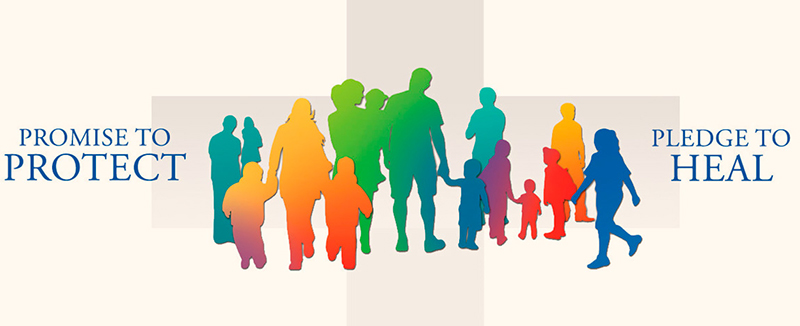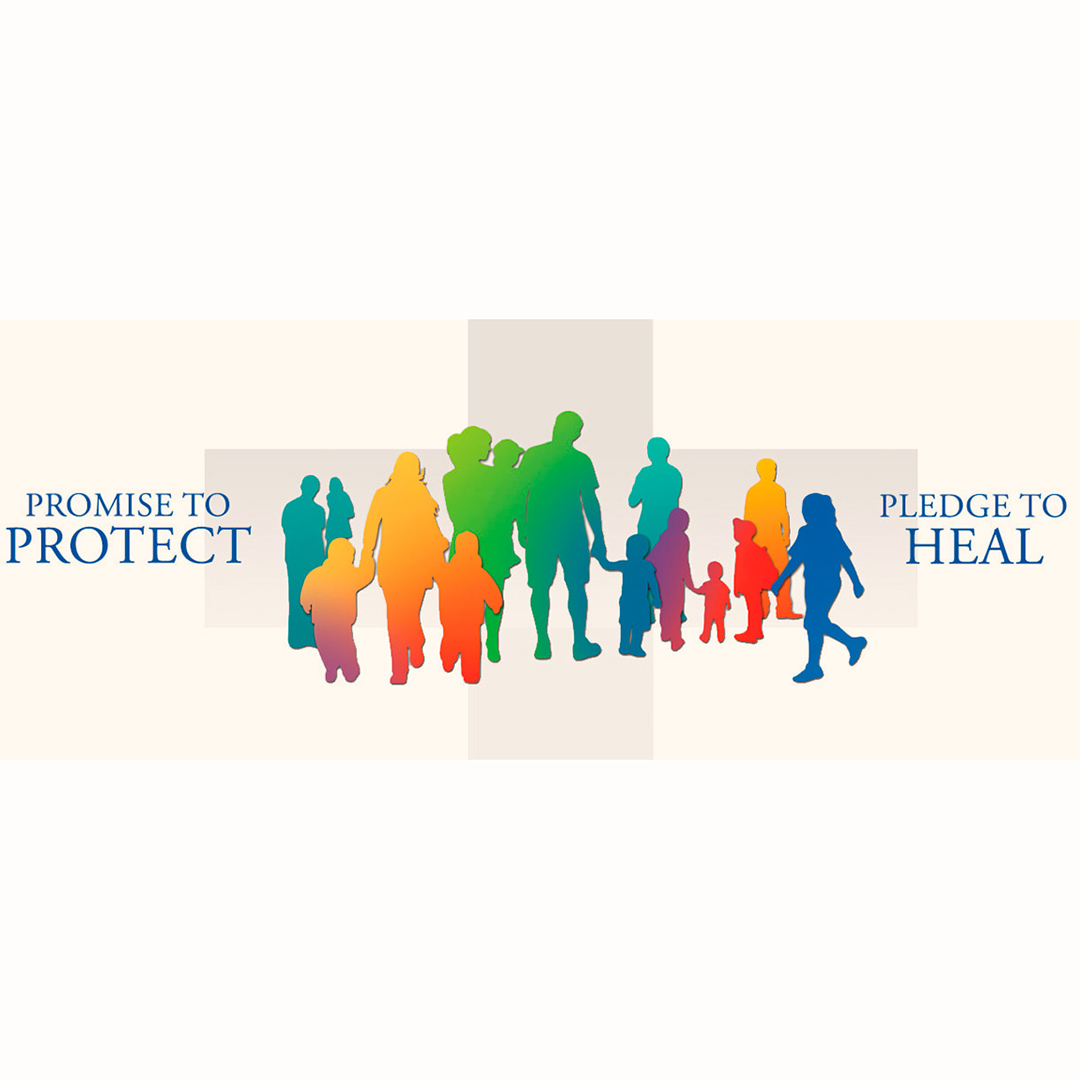By Rocio Granados - La Voz Catolica
MIAMI | To strengthen the protection of children and vulnerable adults under the care of the Archdiocese of Miami in schools, parishes, and other charitable works, the archdiocese has revised its Safe Environment policy as of June 2025 to minimize risk to vulnerable people as well as continue to build and foster a culture that creates a safe environment.
The policy changes aim to improve screening, training, and compliance monitoring. The policy also revises the roles and requirements for volunteers, focusing on volunteer roles that allow for unsupervised contact with children or vulnerable adults. These changes will put a “spotlight” on those volunteer roles, making Safe Environment standards more effective and improving accountability for compliance with the archdiocesan policy.
"We need to monitor those who have contact with children," said Sr. Elizabeth Worley, the archdiocese’s chancellor for administration and chief operating officer, who has overall responsibility for the Safe Environment program.
The policy overhaul also includes the archdiocese’s response to Florida Senate Bill 676, which was signed into law in 2023 and will take effect July 1, 2025. The legislation requires criminal background screening—which includes fingerprinting and access to state and national criminal databases—for employees in all Florida schools, including Catholic schools. This screening must be processed through the state database known as Clearinghouse, managed by the Florida Agency for Health Care Administration.
With the archdiocesan policy changes, “we focus on those volunteer roles that have unsupervised access to children to make sure they are as safe as possible by implementing these requirements for screening and training," said Sister Elizabeth.
The revised archdiocesan policy clarifies role-specific expectations for volunteers. Safe environment requirements for clergy and employees remain unchanged.
There are also specific definitions for volunteer roles. Volunteers who have regular or close contact with children, such as religious education catechists, adult chaperones on school field trips, or parents who provide regular one-on-one tutoring in classrooms, are held to higher compliance standards.

“With more than 50,000 volunteers across the archdiocese, effective monitoring has been a growing challenge,” said Sister Elizabeth. She added that compliance has improved substantially as monitoring has become more effective.
The new policy mandates background checks and training for all ministry leaders, regardless of whether their direct volunteers are required to fulfill the maximum safe environment requirements. This ensures that the leadership is well educated on the topic – with initial and ongoing education.
To assist parishes and schools in better understanding when a particular individual is subject to a background screening and/or VIRTUS training, the archdiocese has created a Safe Environment Requirements for Volunteers Roles summary table, as an addendum to its Policy. The table outlines the Safe Environment requirements for specific roles, assisting parishes and schools in their continuous monitoring of compliance.
Training for all responsible for understanding and monitoring compliance has expanded significantly. Safe Environment coordinators, school principals, and directors of religious education (DREs) have all had online training. “We're really trying to bring everybody up to a greater level of understanding of what is required and why it's required,” said Sister Elizabeth.
Several nuanced volunteer roles have been addressed. Adults whose ministry involves only other adults, without unsupervised access to children or vulnerable adults, are not subject to Safe Environment requirements. That is, the archdiocese does not require them to be fingerprinted, undergo background screening or receive training through the VIRTUS system. “We’re trying to make the requirements meaningful as well as monitor compliance with them,” said Sister Elizabeth.
The archdiocese is currently holding sessions with parish Safe Environment coordinators to ensure all updates are understood and consistently implemented.
In conjunction with the policy changes, the archdiocese is updating its website. The information has been reorganized to improve access and readability. The archdiocesan policy and contact information for reporting abuse and for victim assistance is readily available, as is the Charter for the Protection of Children and Young People, published in 2002 and revised in 2018, by the United States Conference of Catholic Bishops (USCCB). The website includes the most recent Annual Report of the USCCB on the topic of creating and maintaining a safe environment for children and vulnerable adults.

